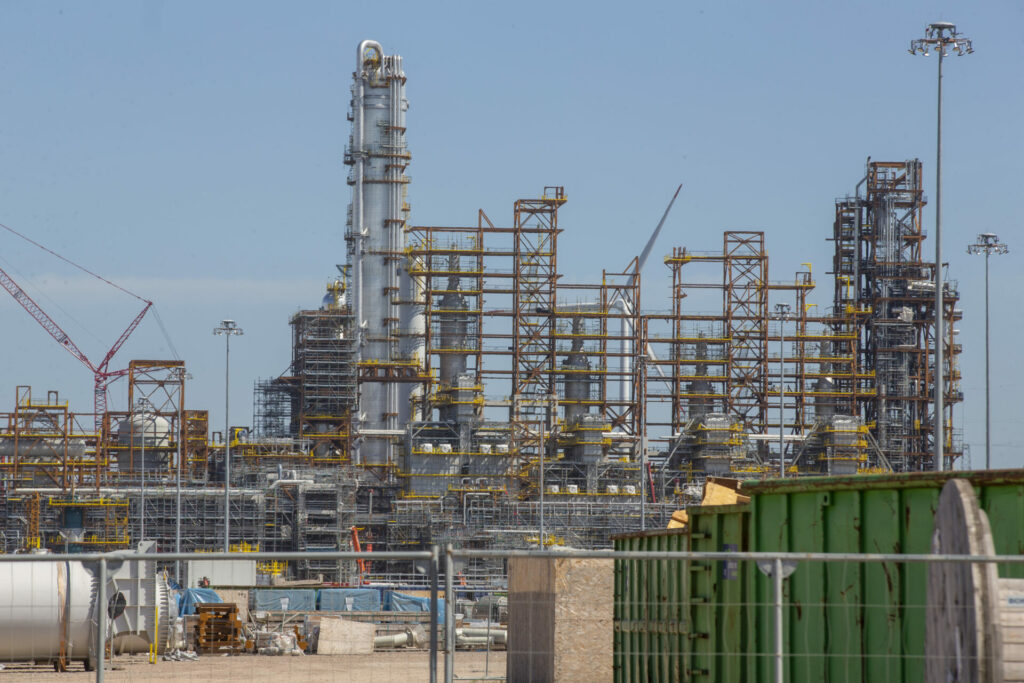In light of human trafficking discovered at the Borealis chemical plant and construction sites in Antwerp, Flanders has announced a number of measures to curb the potential risk of economic exploitation and abuse of foreign workers.
Throughout the summer, victims of human trafficking had been found illegally employed on a Borealis site, in the port of Antwerp. One month later, a subcontractor was found guilty of falsifying documents of international workers on a BASF Antwerp factory site nearby.
Last week, Flemish Labour Minister Jo Brouns already announced that almost 500 work permits of the Antwerp Container Transport International (ACT) and two Borealis subcontractors had been cancelled, stating he has a zero-tolerance policy on exploitation. The minister is now delivering on his word and introducing concrete measures.
"Today, dishonest companies can hide their intentions behind a tangle of subsidiaries and subcontractors, so that the parent company avoids any repercussions," Brouns said on Tuesday.
"If we don't put a stop to this, we will forever be fighting a losing battle. Those who work here must be protected."
Higher fines and more checks
Brouns proposed a series of policies, such as optimising the current chain liability, ensuring that large companies can no longer eschew liability (currently they can contractually stipulate that they are not responsible for infringements committed by a subcontractor), and increasing fines for companies that employ undocumented workers to €24,000 (up from between €1,800 and €18,000).
The Flemish Social Inspectorate, which does not always have the right or sufficient instruments to take effective action, will be strengthened with five additional inspectors to specifically track down abuses. A further three employees will deal with the fines. This should see the number of annual inspections increase by about 250 per year.
Related News
- 50 million people worldwide in modern slavery
- Human trafficking victims from Antwerp construction site stage protest
The aim of these measures is to avoid illegal employment on building sites in the future and to more efficiently trace and severely punish abuses concerning economic migration and the temporary placement of workers if they do take place.
Finally, the region is also looking to better guide victims of human trafficking and illegal employment by directing them to the VDAB (Flemish Employment Services) to guide them toward a new job.

